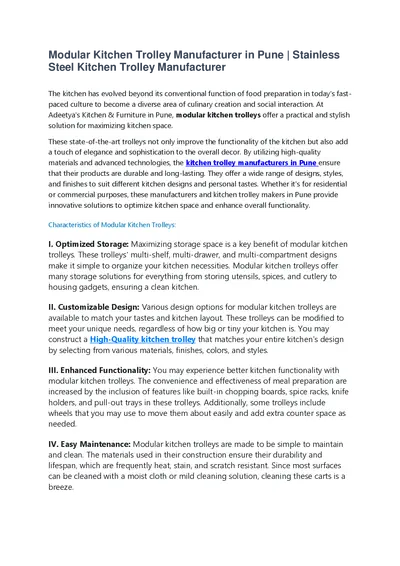PPT-SCBA road pricing in
Author : deena | Published Date : 2024-02-03
the Netherlands CPB Annemiek Verrips Willemijn Weijschede Peter Zwaneveld Arne Brouwers PBL Hans Hilbers Jordy van Meerkerk CPB Netherlands Bureau for Economic
Presentation Embed Code
Download Presentation
Download Presentation The PPT/PDF document "SCBA road pricing in" is the property of its rightful owner. Permission is granted to download and print the materials on this website for personal, non-commercial use only, and to display it on your personal computer provided you do not modify the materials and that you retain all copyright notices contained in the materials. By downloading content from our website, you accept the terms of this agreement.
SCBA road pricing in: Transcript
Download Rules Of Document
"SCBA road pricing in"The content belongs to its owner. You may download and print it for personal use, without modification, and keep all copyright notices. By downloading, you agree to these terms.
Related Documents














